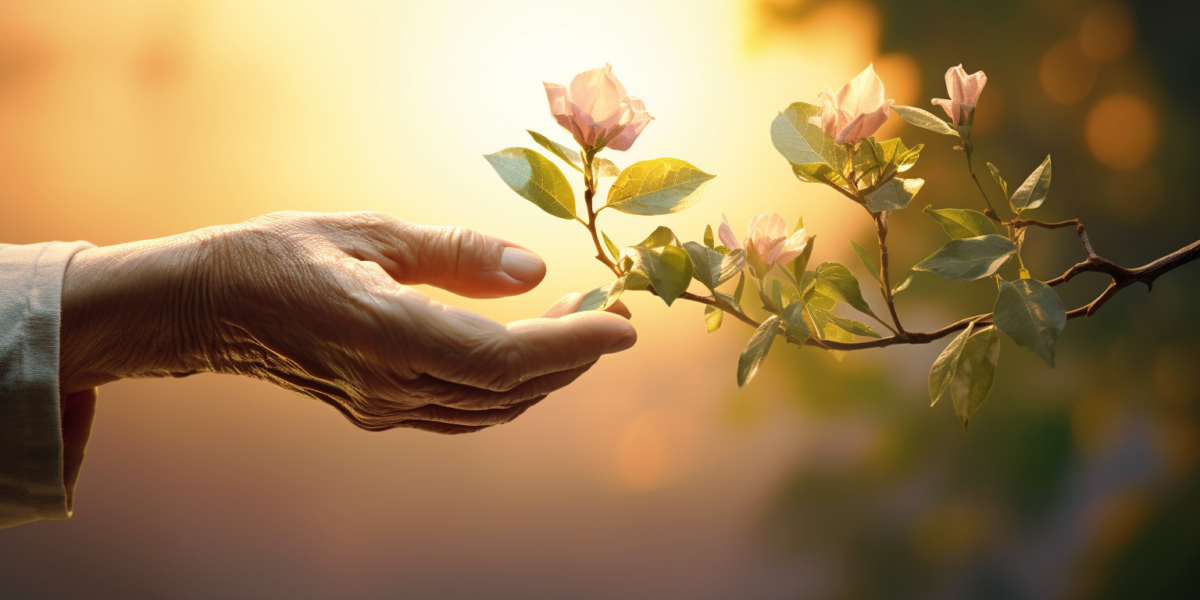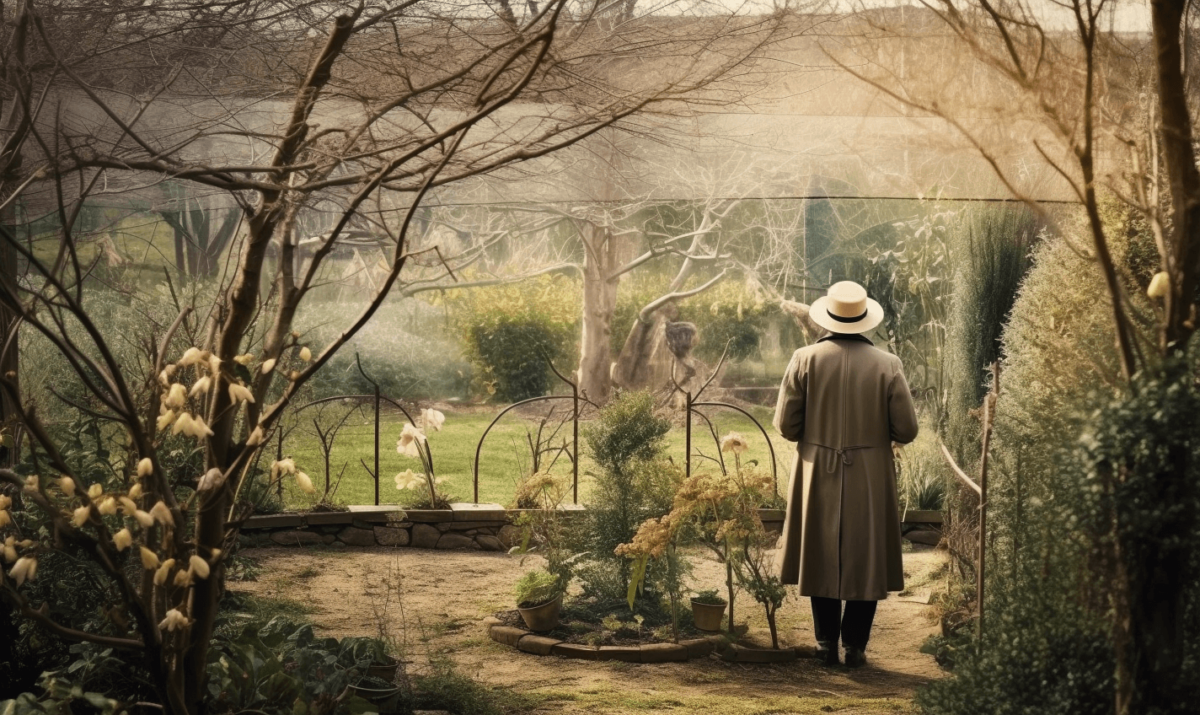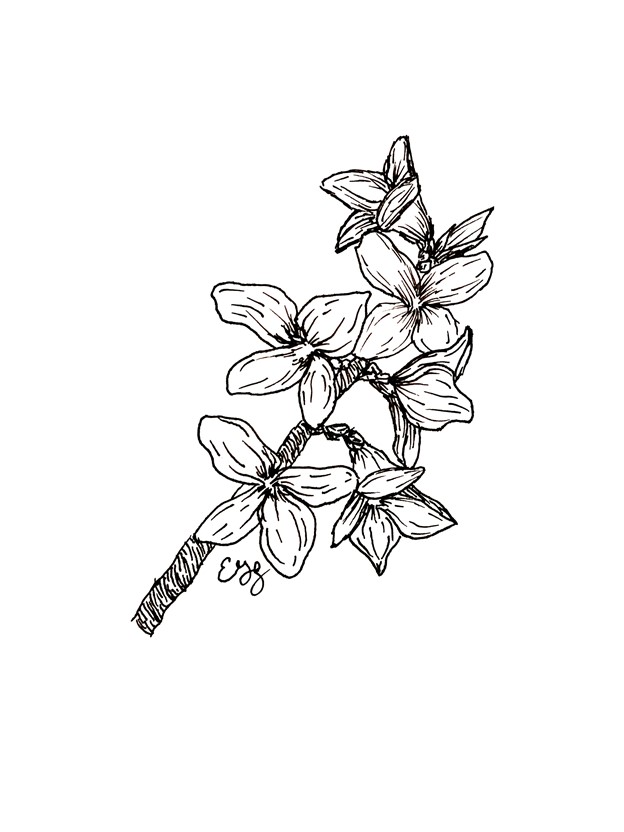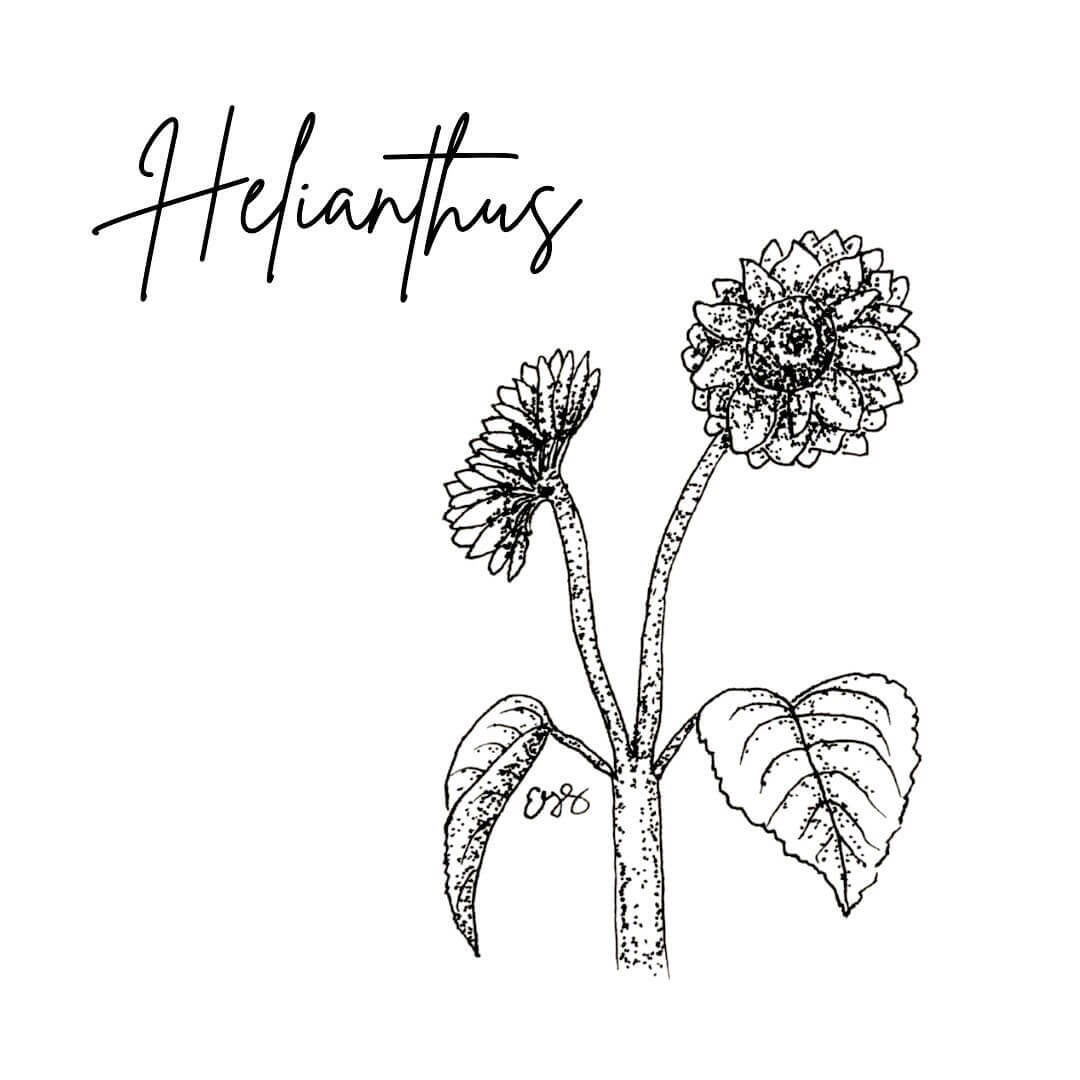The Art of Letting Go: Balancing Expectations in Caregiving and Lessons from Nature
In the month of June, the ThinkCaregiver™ program and its Simple Suggestions talked about expectations and all it can ensue. We started the month off with the quote by Debra L. Reble, “We must let go of any expectations of how life should be, in order to experience how life can be.” Quite profound and very relatable to nature and all things caregiving.
Nature is a vast and intricate system that has evolved over billions of years. It offers numerous lessons and inspirations for all of us and, as I have said in the past, has a reciprocity that closely connects to the give and take of living and caring.
Caregiving, as I have said and advocated before, involves support, assistance, and nurturing to those who require help due to an age-related disease, a chronic illness, a physical or mental disability, childhood special needs, veterans, and other circumstances. While caregiving can be fulfilling and meaningful, it can drain one physically, emotionally, mentally and spiritually. Not too mention, it can drain us financially and of our career that one has worked very hard to achieve.
One does not go into helping someone at the most vulnerable times of their lives with the expectation that they are going to be drained of so much. Although I believe it is natural to have expectations once someone is the role of caregiving, sometimes it is best to put them aside. Once put aside, the result can indeed be helpful.
Reduced stress and frustration are at the top of the list of reasons. An increase in becoming adaptable, having improved emotional well-being, a greater dynamic in the relationship and an easier time at living in the present moment. I think it is important to point out that letting go of expectations does not mean abandoning goals or ceasing to care, it is more about cultivating a mindset of acceptance and compassion. In doing this, one can focus on providing the best care possible while recognizing and appreciating the uniqueness of each situation and individual journey.
In addition, setting aside expectations can help one to strike a balance. It’s still important to have realistic goals, seek appropriate support, and maintain a level of structure and planning in caregiving, however, finding a middle ground between letting go of rigid expectations and maintaining a proactive and organized approach can help caregivers navigate their roles effectively.
Nature can help with this. It offers a multitude of expectations and lessons. By observing and learning from nature, we can develop a greater understanding of our place in the world and foster a more harmonious relationship with both the natural environment and each other. Consider one or more of those lessons.






